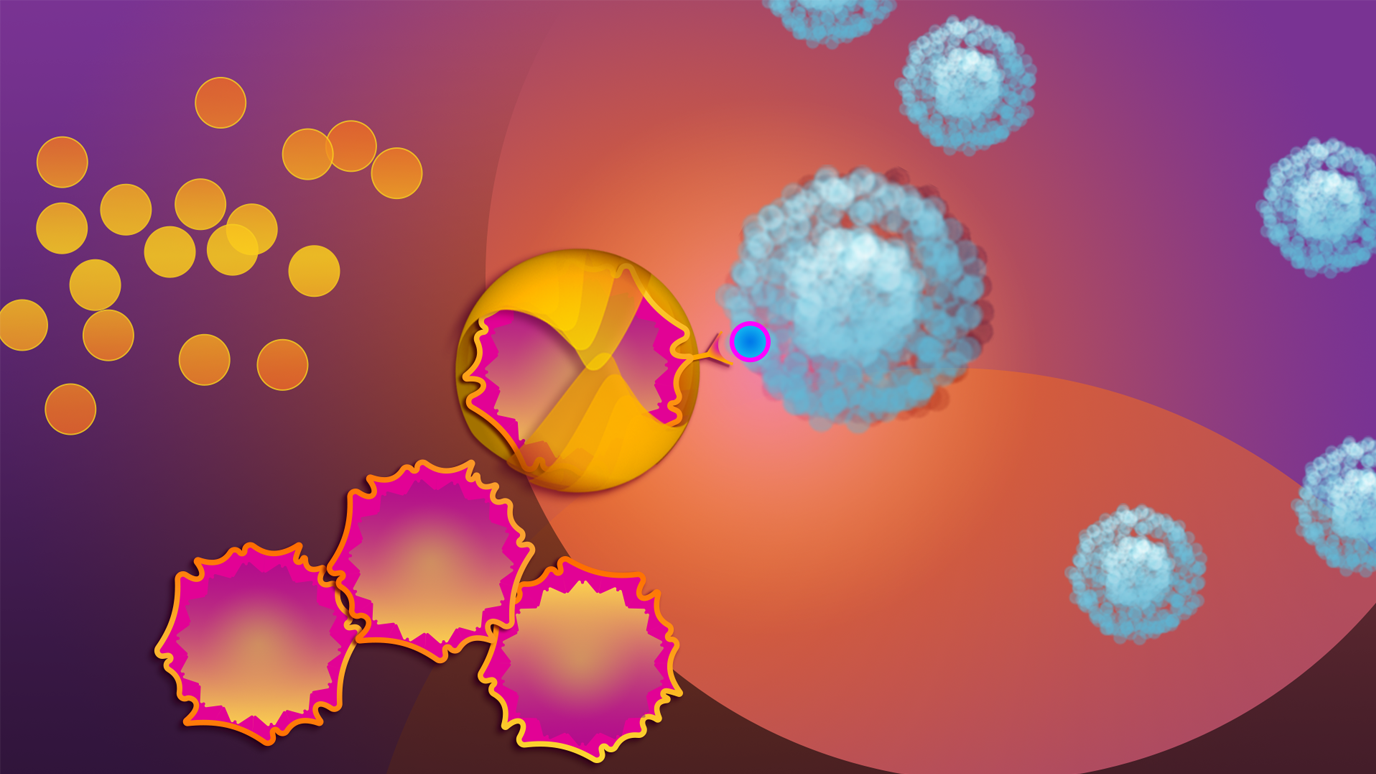- Diseases
- Acoustic Neuroma (14)
- Adrenal Gland Tumor (24)
- Anal Cancer (68)
- Anemia (2)
- Appendix Cancer (16)
- Bile Duct Cancer (26)
- Bladder Cancer (72)
- Brain Metastases (28)
- Brain Tumor (232)
- Breast Cancer (714)
- Breast Implant-Associated Anaplastic Large Cell Lymphoma (2)
- Cancer of Unknown Primary (4)
- Carcinoid Tumor (8)
- Cervical Cancer (160)
- Colon Cancer (166)
- Colorectal Cancer (118)
- Endocrine Tumor (4)
- Esophageal Cancer (44)
- Eye Cancer (36)
- Fallopian Tube Cancer (8)
- Germ Cell Tumor (4)
- Gestational Trophoblastic Disease (2)
- Head and Neck Cancer (14)
- Kidney Cancer (128)
- Leukemia (342)
- Liver Cancer (50)
- Lung Cancer (286)
- Lymphoma (278)
- Mesothelioma (14)
- Metastasis (30)
- Multiple Myeloma (100)
- Myelodysplastic Syndrome (60)
- Myeloproliferative Neoplasm (6)
- Neuroendocrine Tumors (16)
- Oral Cancer (100)
- Ovarian Cancer (172)
- Pancreatic Cancer (160)
- Parathyroid Disease (2)
- Penile Cancer (14)
- Pituitary Tumor (6)
- Prostate Cancer (146)
- Rectal Cancer (58)
- Renal Medullary Carcinoma (6)
- Salivary Gland Cancer (14)
- Sarcoma (238)
- Skin Cancer (296)
- Skull Base Tumors (56)
- Spinal Tumor (12)
- Stomach Cancer (64)
- Testicular Cancer (28)
- Throat Cancer (92)
- Thymoma (6)
- Thyroid Cancer (98)
- Tonsil Cancer (30)
- Uterine Cancer (82)
- Vaginal Cancer (18)
- Vulvar Cancer (20)
- Cancer Topic
- Adolescent and Young Adult Cancer Issues (20)
- Advance Care Planning (10)
- Biostatistics (2)
- Blood Donation (18)
- Bone Health (8)
- COVID-19 (362)
- Cancer Recurrence (120)
- Childhood Cancer Issues (120)
- Clinical Trials (632)
- Complementary Integrative Medicine (22)
- Cytogenetics (2)
- DNA Methylation (4)
- Diagnosis (232)
- Epigenetics (6)
- Fertility (62)
- Follow-up Guidelines (2)
- Health Disparities (14)
- Hereditary Cancer Syndromes (126)
- Immunology (18)
- Li-Fraumeni Syndrome (8)
- Mental Health (116)
- Molecular Diagnostics (8)
- Pain Management (62)
- Palliative Care (8)
- Pathology (10)
- Physical Therapy (18)
- Pregnancy (18)
- Prevention (920)
- Research (392)
- Second Opinion (74)
- Sexuality (16)
- Side Effects (606)
- Sleep Disorders (10)
- Stem Cell Transplantation Cellular Therapy (216)
- Support (402)
- Survivorship (322)
- Symptoms (182)
- Treatment (1786)
An immunotherapy clinical trial stabilized my disease
2 minute read | Published November 29, 2018
Medically Reviewed | Last reviewed by an MD Anderson Cancer Center medical professional on November 29, 2018
If you break your leg, you’re not going to go to a heart surgeon. So if you have cancer, why wouldn’t you go to a world-renowned cancer hospital? MD Anderson is the best place on the planet for treating cancer. That’s why I went there first when I was diagnosed with stage IV lung cancer at age 55 in September 2016.
My lung cancer was already so advanced that Dr. Bonnie Glisson told me at the very beginning that I couldn’t be cured. But I could absolutely be treated. And that’s all I needed to hear. Because if you give me a little piece of positive, I’m going to run with it.
My lung cancer diagnosis
My first lung cancer symptom was severe back pain. I thought I’d pulled a muscle, so I went to my regular doctor. He took an X-ray, but didn’t notice anything unusual. He prescribed muscle relaxers and an over-the-counter pain medicine.
When the pain didn’t go away and started getting worse, I decided maybe it was an ulcer. I have a history of stomach problems, so I went to see my gastroenterologist. She did a CT scan and discovered a mass on my left adrenal gland.
Nobody ever goes to the doctor and says, “My adrenal gland hurts.” So, most of the time, a tumor in that area comes from someplace else. In my case, it was a large lesion on my right lung. I had stage IV adenocarcinoma, a type of lung cancer.
Why I sought lung cancer treatment at MD Anderson
I’m originally from Houston, so I knew about MD Anderson’s reputation. I wanted to go someplace that’s been successful in cutting-edge treatment. And MD Anderson specializes in cancer, so its doctors have seen it all and done it all. That’s why I went there first.
At MD Anderson, Dr. Glisson recommended an immunotherapy clinical trial under Dr. James Welsh. It turned out I didn’t quite meet the entrance criteria — my cancer was negative for all of the markers the trial was targeting. But Dr. Glisson said there was still a 10% chance it could work. And I thought, “Well, 10% is better than zero. Let’s try it.” After all, somebody’s got to be in that 10%. Might as well be me.
Immunotherapy clinical trial paid off for me
I started receiving an immunotherapy drug called pembrolizumab every three weeks on Nov. 14, 2016. And as it turns out, my cancer responded to it. After only two treatments, my tumors had shrunk down to half their original size. They haven’t budged since then, but as of three weeks ago, they were still stable. So, I’m gonna ride this train for as long as I can.
Request an appointment at MD Anderson online or by calling 1-877-805-0277.
Related Cancerwise Stories

I’m gonna ride this train for as long as I can.
Stephanie Cervantes
Survivor





